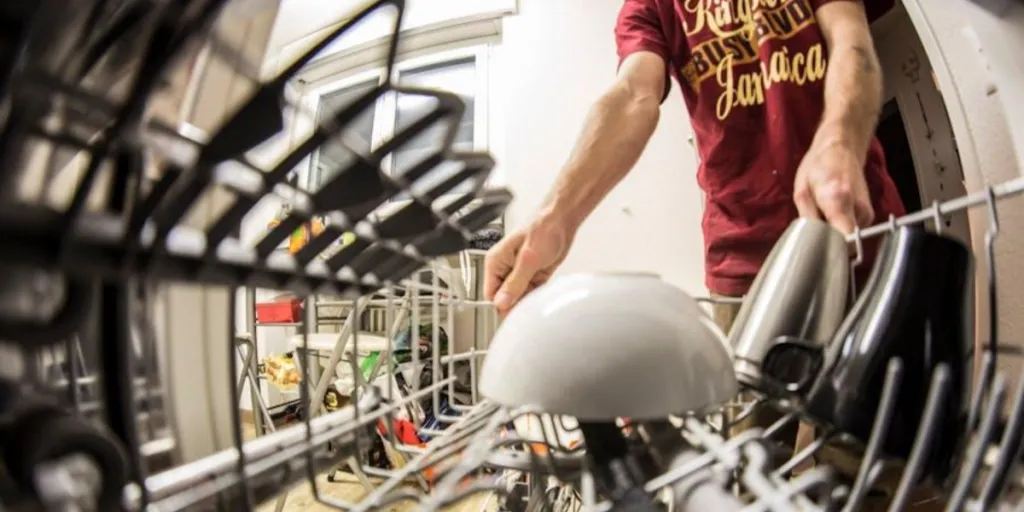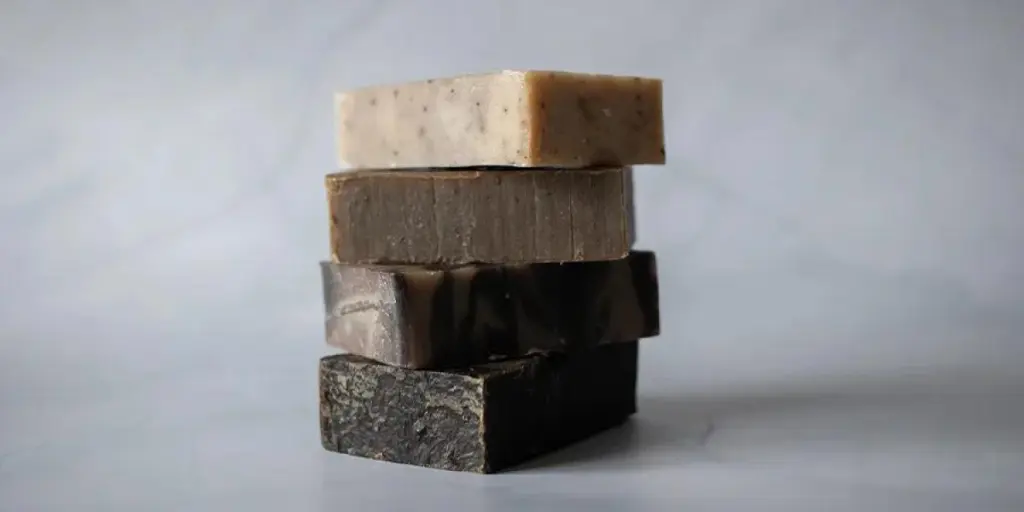Dishwashers fail occasionally, especially in busy kitchens such as cafeterias and restaurants. The lack of proper drainage is one of the most common problems. In a busy restaurant, dishwater not draining could lead to massive economic problems since it generally translates to slow activities, hence poor customer service. It could also mean your staff will have to take on manual dishwashing, which will affect workflow in your business.
So, to prevent this, this article provides several solid tips for the maintenance of your dishwashers.
Table of Contents
What causes dishwashers not to drain well
Maintenance tips for dishwashers not draining
Conclusion
What causes dishwashers not to drain well
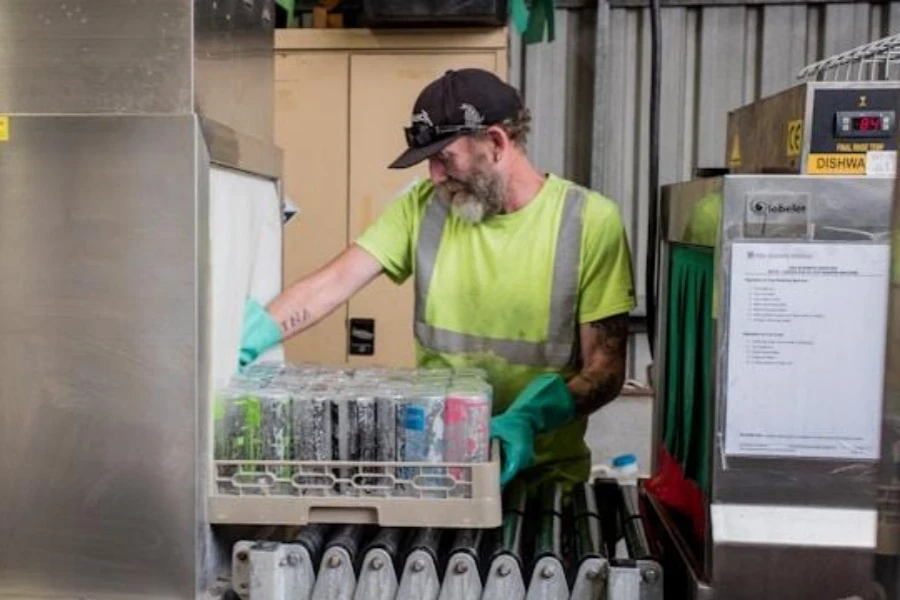
Understanding the common causes of dishwashers not draining is the fastest way to avoid the problem. Some of the most common causes include:
Clogged filters and drain
Blocked filters can prevent proper drainage in a dishwasher. This usually happens due to the accumulation of food debris. Small food particles and detergent scum buildup can accumulate and form debris that clogs the filters. A dishwasher’s drain can likewise become blocked due to the accumulation of debris, causing drainage issues.
Issues with drain hose
The drainage hose is another culprit that can block a dishwasher. Two main problems can usually occur, including a kinked or twisted drain hose or a blocked drain hose due to a buildup of grease and debris.
Using the wrong cleaning detergent
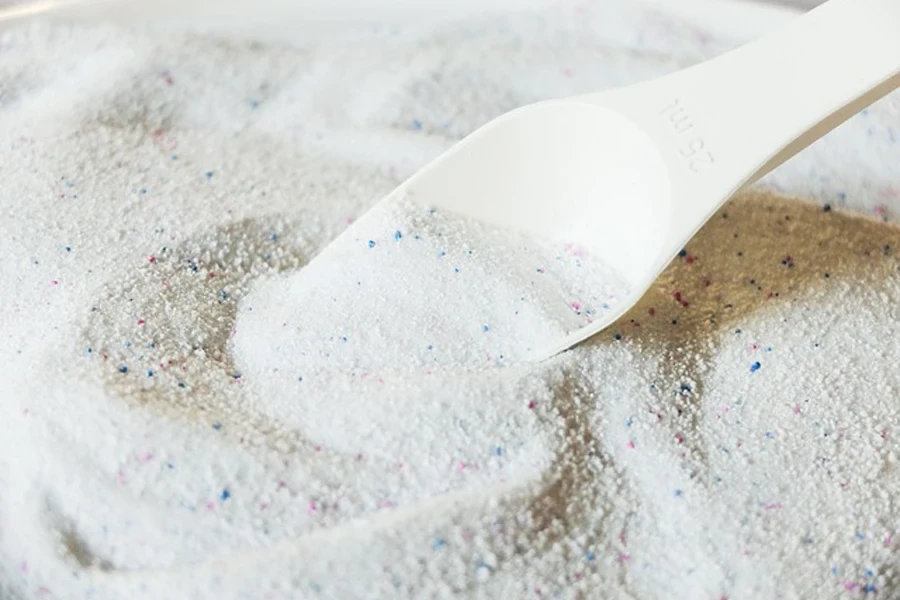
Dishwasher-specific detergents should be used for different appliances, as using the wrong one can cause drainage issues. For dishwashers that experience heavy usage, such as those in restaurants and cafes, using inappropriate dishwasher soap can lead to the accumulation of soap remnants, causing blockages.
In addition, suds from some detergents can interfere with water movement, leading to the standing water effect.
Blockage of the garbage disposal
Some kitchens have a configuration that involves garbage disposal, which can clog, causing drainage problems. Debris is the main cause of garbage disposal blockage. Therefore, if all other parts of the dishwasher are working properly, the problem may be with the garbage disposal.
Maintenance tips for dishwashers not draining
Now that you understand the main causes of dishwasher drainage problems, let’s take a look at several steps to avoid such problems.
Always rinse dishes before loading
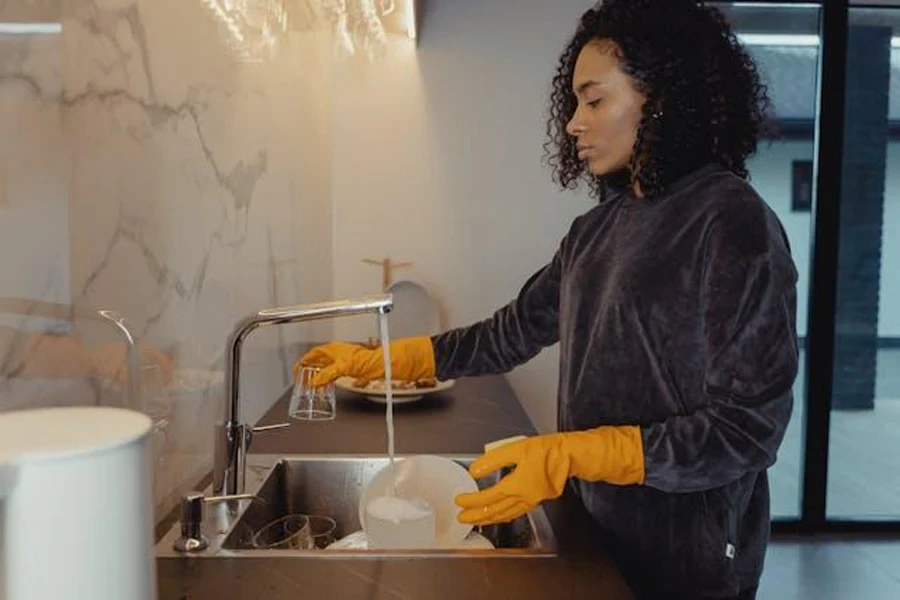
Rinsing dishes before loading them in a dishwasher should be a routine. But in busy eateries, it can seem like a time waster. Ensure that those doing the dishes understand the importance of removing food and any other debris before loading the dishwasher. Food crumbs and excess oils might seem harmless, but can cause havoc once they accumulate. Therefore, it’s better to take an extra minute to remove such debris to prevent a blockage that could result in delays in service.
Clean the drain and filters regularly
Regular cleaning of the drain and filters is a great way to prevent buildup of food particles. Create a schedule to clean the filter and drain at least twice a month. You can run a hot water cycle to reduce oil and detergent scum buildup. Alternatively, use a solution of equal parts baking soda and vinegar. Pour the solution into the dishwasher and let sit for 15-20 minutes. Then, set the dishwasher to a hot water cycle and rinse. The solution will dissolve the accumulated debris, allowing water to drain.
Deep clean the dishwasher
Deep cleaning of a dishwasher is important, especially in a restaurant, where food particles can build up fast. Restaurant owners should ensure their dishwashers are deep cleaned at least once every two months. Take out the filter and clean it thoroughly to remove any debris. Also, inspect the hose and drain to check for any accumulated materials.
Routinely inspect the dishwasher
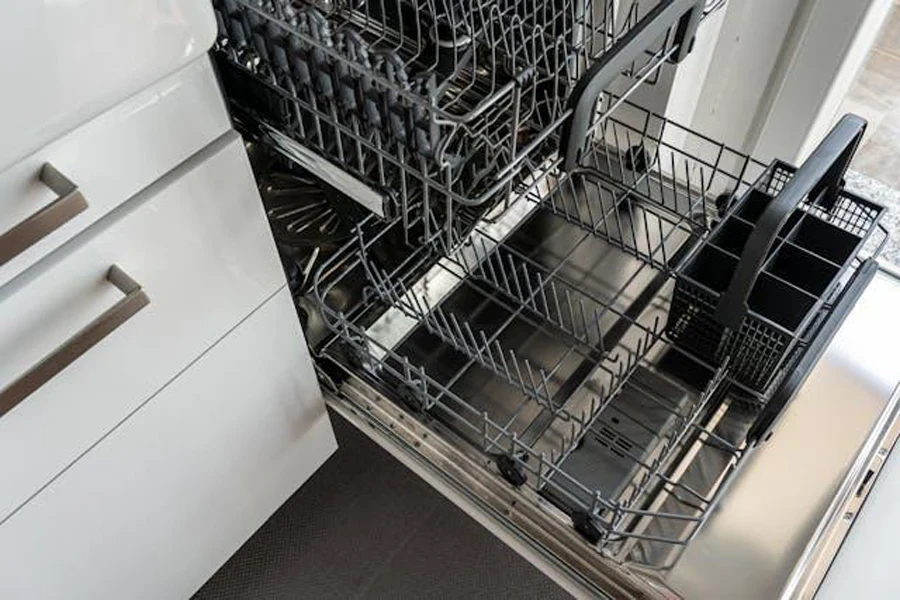
Dishwasher maintenance includes routine check ups to find and take care of problems before they get worse. Inspect all areas, from filters to drains, one by one. Also, check the hose for any twists or kinks, as well as the power source to ensure it’s working well.
Finally, check the plumbing to make sure it’s intact. Blockages to your kitchen plumbing system could cause your dishwasher not to drain as it should.
Take proper care of your dishwasher
Handling a dishwasher in a restaurant or cafeteria can be tricky since they’re often run by multiple people. As such, you must ensure the staff in charge know how to operate it. In the case of a new model, make sure to read the manual before using the machine.
Most importantly, buy the right detergent for dishwashing. Avoid substituting with other detergents that are not meant for the specific washing needs you require.
Conclusion
A dishwasher in restaurants is often a necessity. But it can mean disaster if it fails during rush hour. Some of the common causes for dishwashers not draining properly include drain blockages or problems with the drain hose. But using the wrong detergent or blockages in the plumbing system can also cause poor drainage.
Some things you can do to prevent these problems include cleaning the drain and filters, scheduling regular checkups and deep cleaning, and ensuring proper handling of the dishwasher to promote longevity.
